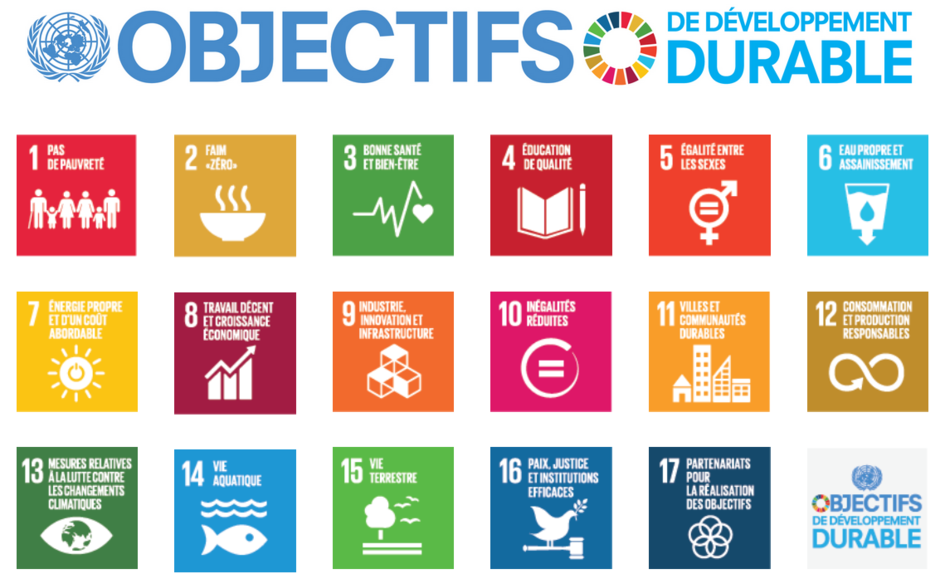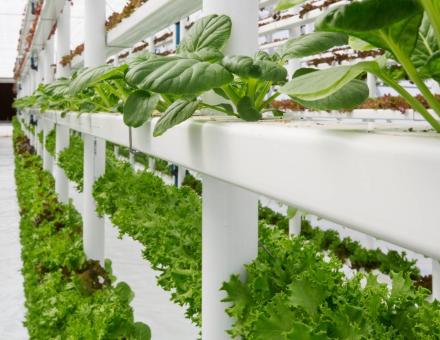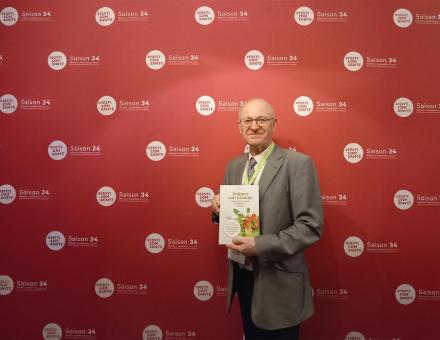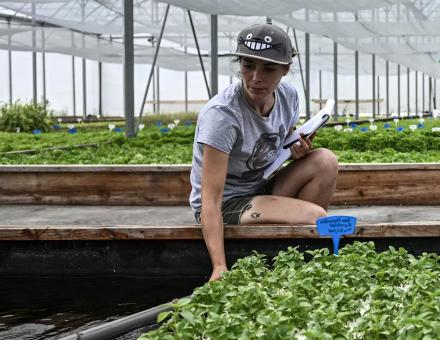In a society where eco-designed product and service offers are multiplying, it's essential to think about their real environmental impact. All too often, these well-intentioned solutions can lead to a rebound effect in which consumers increase their consumption rather than reduce it.
How can we avoid this trap and design offers that encourage sober use?
From efficiency to sobriety
While energy efficiency and consumption reduction are laudable objectives, it's time to move on from efficiency to sobriety. As SACHS (1999) points out, efficiency is about doing the right things, while sobriety is about doing the right things. It's not just a question of using less, but also of renouncing certain superfluous uses and productions.
The EcoSD association is a major player in the field of eco-design of sustainable systems. It brings together more than 30 universities and nearly 20 companies, with the support of the French Environment and Energy Management Agency (ADEME), the French Ministry of Higher Education and Research and Innovation (MESRI), the French Ministry of the Economy, Finance and Industrial and Digital Sovereignty (MEFS) and the French Armaments Procurement Agency (DGA).
The BESOFUS project to narrow the gap
The collaborative project BESOFUS (contraction of BESoin, OFfre, USage), in which the Cyclann team at UniLaSalle Rennes is actively involved via the ECOSD network, is represented at UniLaSalle by research engineer Maryline Le Goff. The aim of this project is to narrow the gap between needs, offers and uses. While eco-design improves overall efficiency, the current economic model encourages over-consumption and multiplies products and services, resulting in environmental impacts.
As part of the BESOFUS project, UniLaSalle is exploring tools such as differentiated pricing, feedback and the influence of product design, with a view to designing more sober offers.
UBS, a partner in the project, is working in particular on the modularity of offers to ensure adaptability to needs in time and space, while AMValor is seeking to identify relevant key performance indicators (KPIs).
A research seminar bringing together all the players in the EcoSD network took place on June 27 at the Ecole des Arts et Métiers in Paris. The meeting highlighted the advances made by private and public sector researchers working on the eco-design of sustainable systems.
Towards virtuous models
Over and above the tools identified for BESOFUS research, the initial results show the need for business models to evolve, as companies that take planetary limits into account are still too rare. Some, however, are turning to the regenerative economy to feed as much as they take from the environment.
Behavioral sciences are also emerging as an important lever for aligning needs, offers and uses, by guiding practices in line with a repository of shared environmental and social values.
For the 3rd and final year, the BESOFUS project partners are focusing on the creation of a tool architecture capable of better guiding eco-design towards greater sobriety.
Sustainable Development Goals (SDGs) concerned :
- SDG 9: Industry, innovation and infrastructure
- SDG 12: Responsible consumption and production
- SDG 13 : Measures to combat climate change
- SDG 17 : Partnerships to achieve the goals
Find out more about this project: maryline.legoff@unilasalle.fr / abdoulaye.kane@unilasalle.fr







